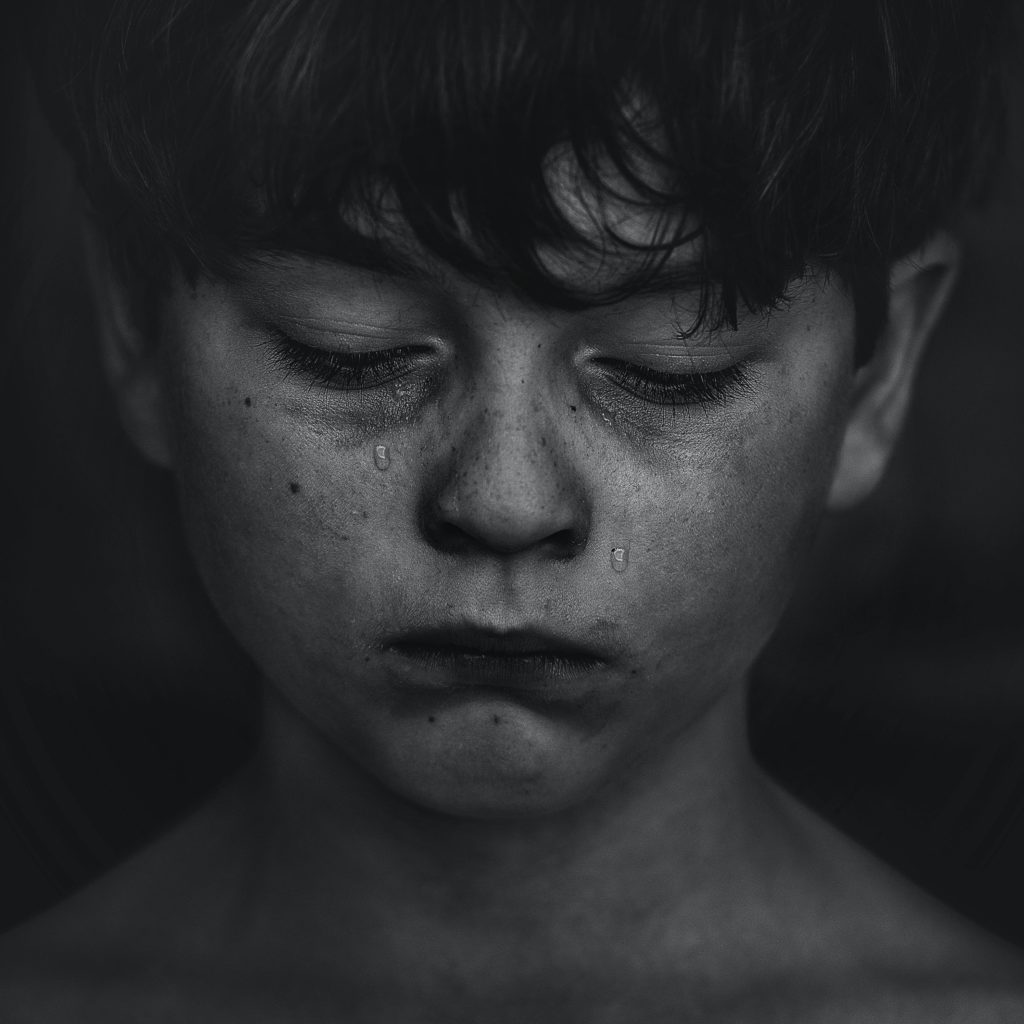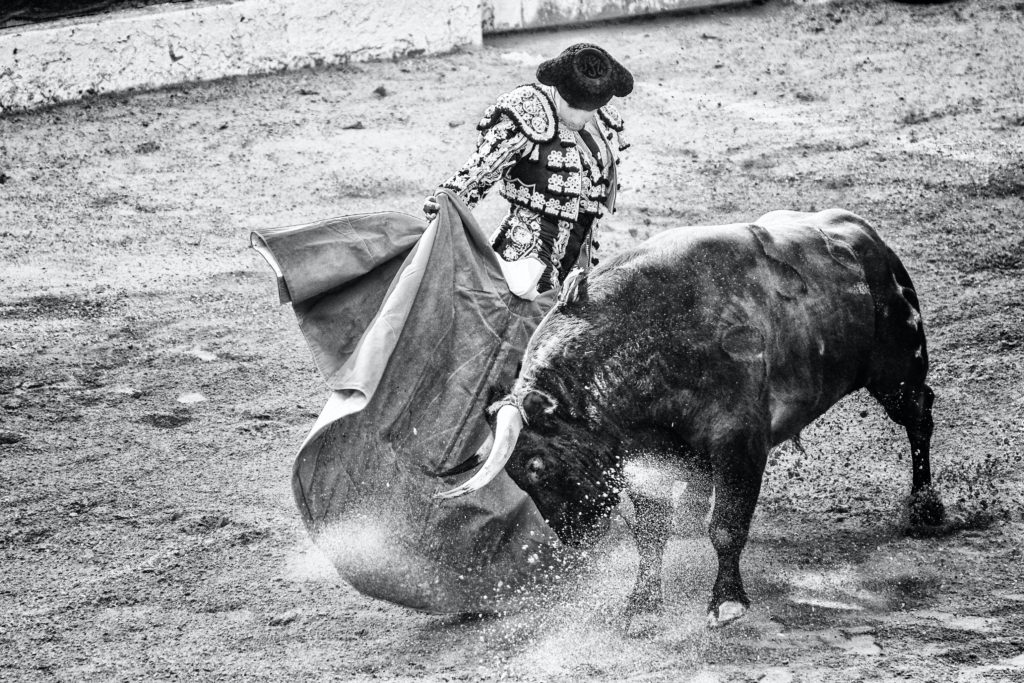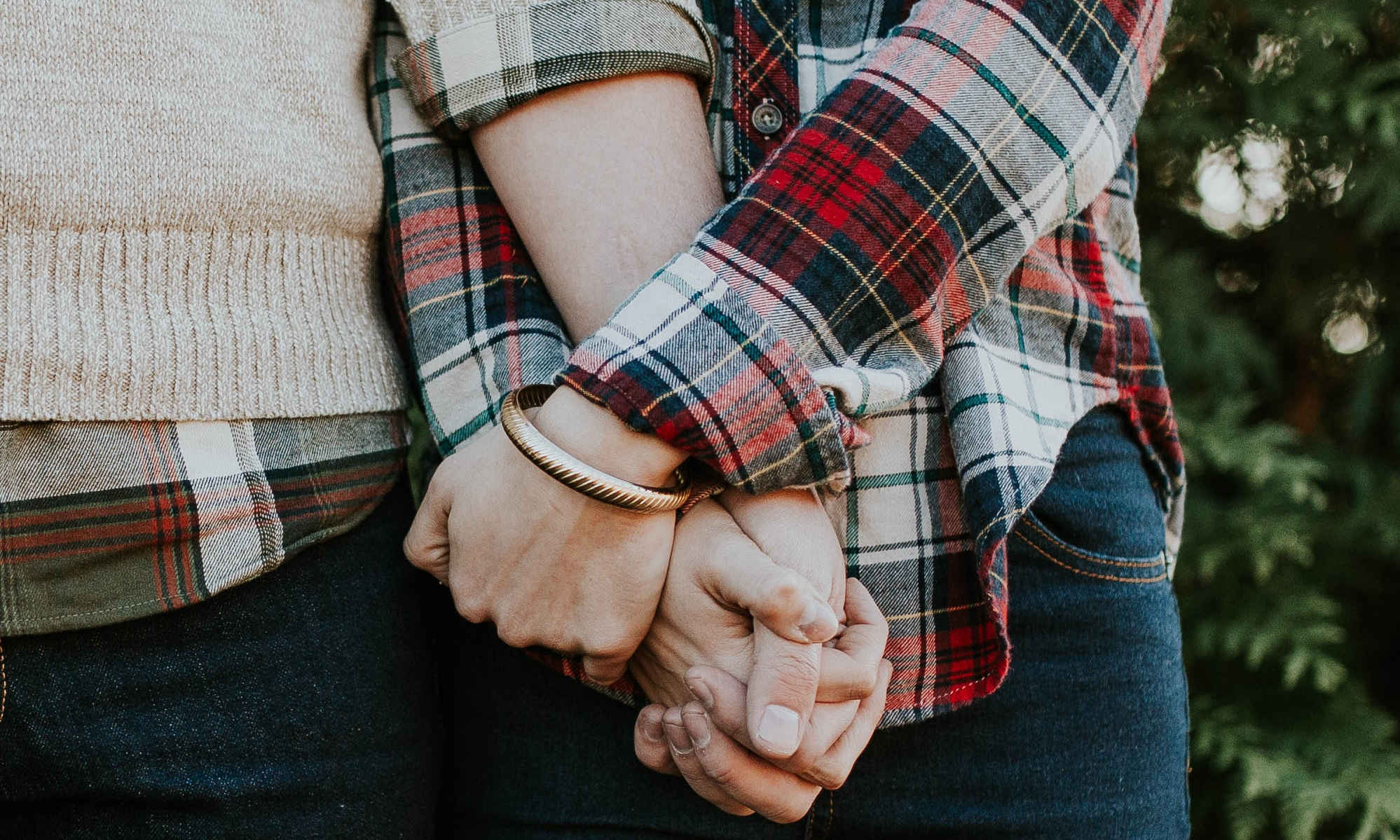Being tough is great for survival, but it’s not great to just survive. It’s better to thrive. We live in a culture that celebrates stoicism. From a temporary standpoint, stoicism can help us to batter “the slings and arrows of misfortune”, but it does not help us to live the “abundant life” that we are all meant to live.
It’s hard to be vulnerable and there is a reason for that. Vulnerability means there is a possibility of being hurt. Even the thought of being hurt can be painful. Sometimes it can seem easier to just tough it out, not feel anything, not let other people know what is really going on inside of you. This is especially true if you have experienced previous trauma, shame, emotional abuse, etc that seems to legitimize avoiding and toughing it up.

I get it, because I am just as guilty as the rest in being stoic. There are times when I’ve had to be tough in order to get through a difficult ordeal. I’ve also come to realize that being stoic can only take you so far in life and keep you from happiness. Stoics might win battles on a temporary basis, but they lose out on potential or current friendships, in other words, the bigger battles of life.
You see, vulnerability is also a superpower. Yes, sometimes people abuse it, but that doesn’t take away from the power of authentic vulnerability in a human relationship. When, instead of hiding and avoiding, you take up the bullfighter’s cloak and say “toro” to your fears of abandonment, rejection, being unaccepted, etc. you give yourself and other people a chance to get to know you and them for who you and they really are. You give people a chance to strengthen you, to affirm you in all of your weak points and point out your strengths.

When you take these risks and expose yourself to all sorts of dangerous possibilities, you will naturally feel anxiety, fear, and think all sorts of negative thoughts. That’s okay, because that’s our body’s way of trying to prepare us to be brave. There are several possibilities that could happen when we allow ourselves to be vulnerable.
It could be that all of our worst fears could come true. Maybe we won’t be liked, we will be made fun of, no one will want to be around us, etc. However, it’s better to know the situation than pretend that everything is okay. Then we can move on, process our feelings, find better people to be around in our lives, and optimize our lives for better results in the future.
Or the results might not be great, but they might not also be so bad either. Maybe we will learn something from the outcome and make choices based on that new information we receive. Maybe we might find out that there is something we can improve on, or a new skill to learn. Maybe the great friendship we thought we had isn’t that great, but it isn’t so bad either. We can learn to adjust.
Or sometimes (as is often the case) we are surprised by how great things can really turn out when we let ourselves be vulnerable. We may form deep, lasting friendships. We could learn that we are worth loving after all, and that many people do care about us, but we didn’t know it because we were hiding in our turtle shell of avoidance and blaming others. We could find out that all of our fears are unfounded and we have been wrong all along. We could discover that we are much safer than we thought and little by little, we can slowly let our guard down and enjoy a life of not just surviving, but also living life to its fullest in the way that only you can.

